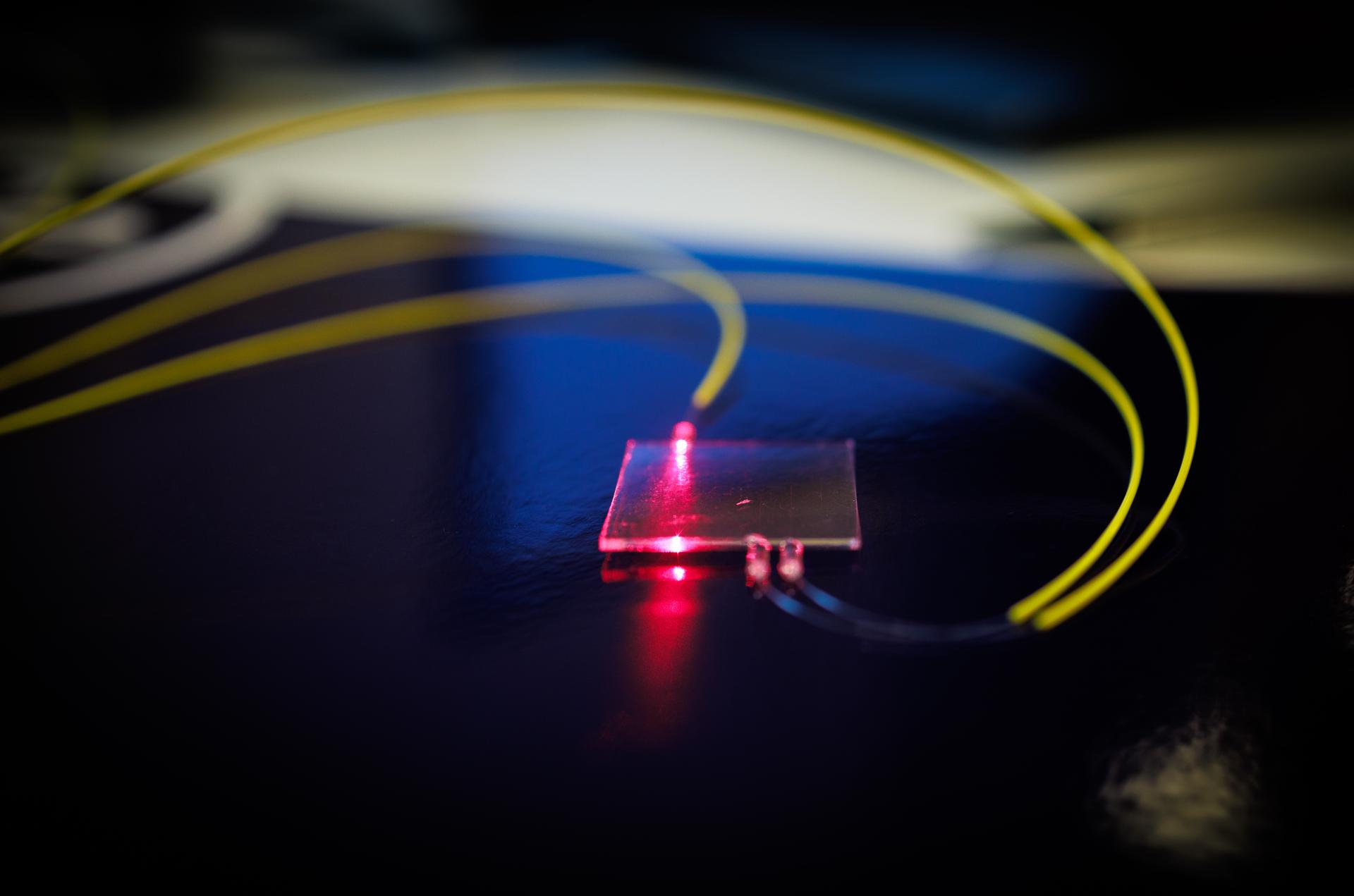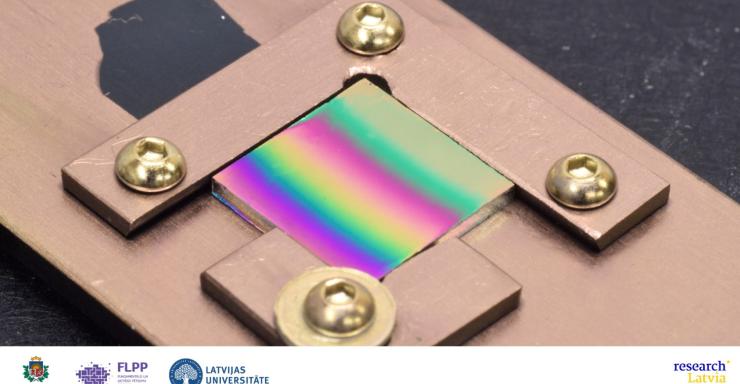Over the past eight years, the Institute of Solid State Physics at the University of Latvia (ISSP UL) has experienced rapid growth, becoming a key player in the international science and innovation landscape. The institute’s financial turnover has tripled (from 3M to 9M EUR per year), while international project funding has increased more than fivefold (from 0.5M to 2.5M EUR per year). New partnerships have been established with leading research centers and companies in Europe and worldwide, making ISSP UL a reliable and stable collaboration partner, enabling participation in increasingly significant projects.
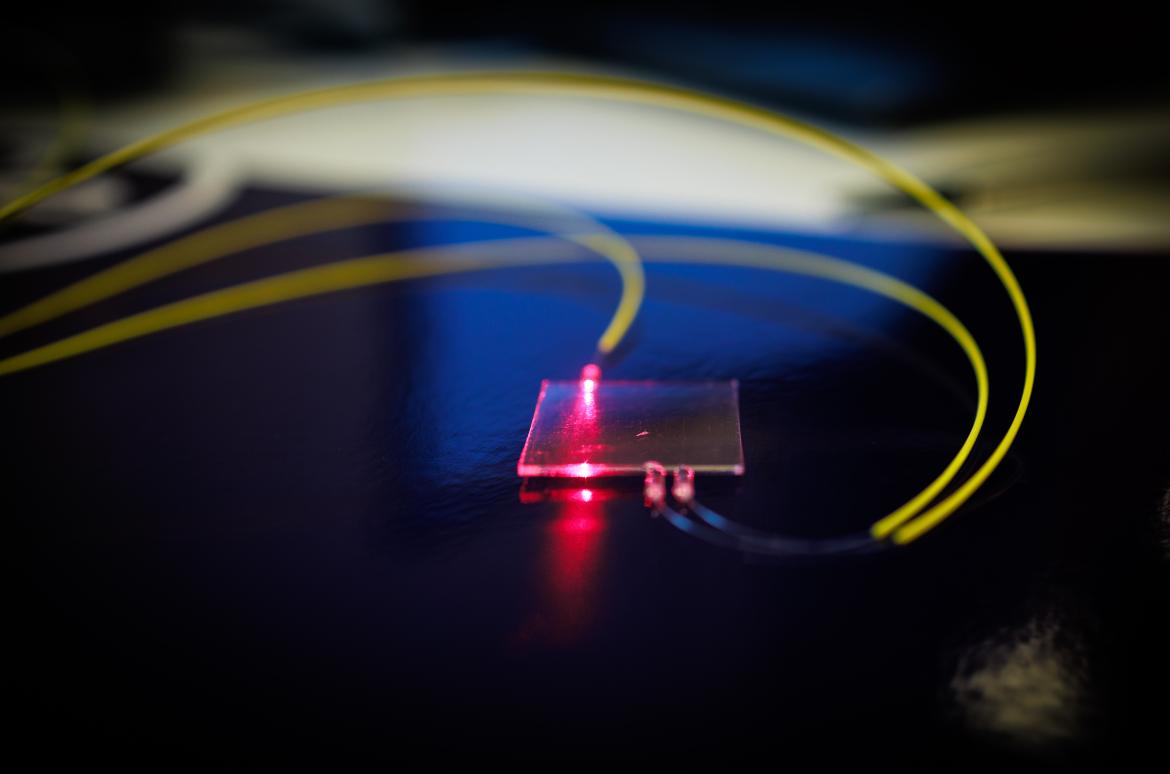
ISSP UL’s development is driven by a clear vision: to evolve from an academic institution into a globally recognized research center focused on innovations and applications. The institute has established an open research infrastructure and environment, allowing scientists to conduct fundamental research and develop innovative technologies with real-world applications in industry and society.
For example, ISSP UL has developed “Spectromarine”, a modern, fully automated underwater optical spectroscopy system that accurately measures water quality. This technology has significant potential for environmental protection, fish farming, and desalination processes. The system has already been tested in Spain, Saudi Arabia, and the USA. Meanwhile, the “Organ-on-a-Chip” technology, developed by ISSP UL spin-off company “CellBox Labs”, is a miniature version of various human organs (lungs, intestines, etc.) built on a plastic microfluidic chip. This allows scientists to study diseases and test drugs in a realistic environment, reducing the need for animal testing.
“Our technology not only changes the approach to in-vitro research but also opens new opportunities in precision medicine,” emphasizes “CellBox Labs” co-founder Gatis Mozoļevskis.
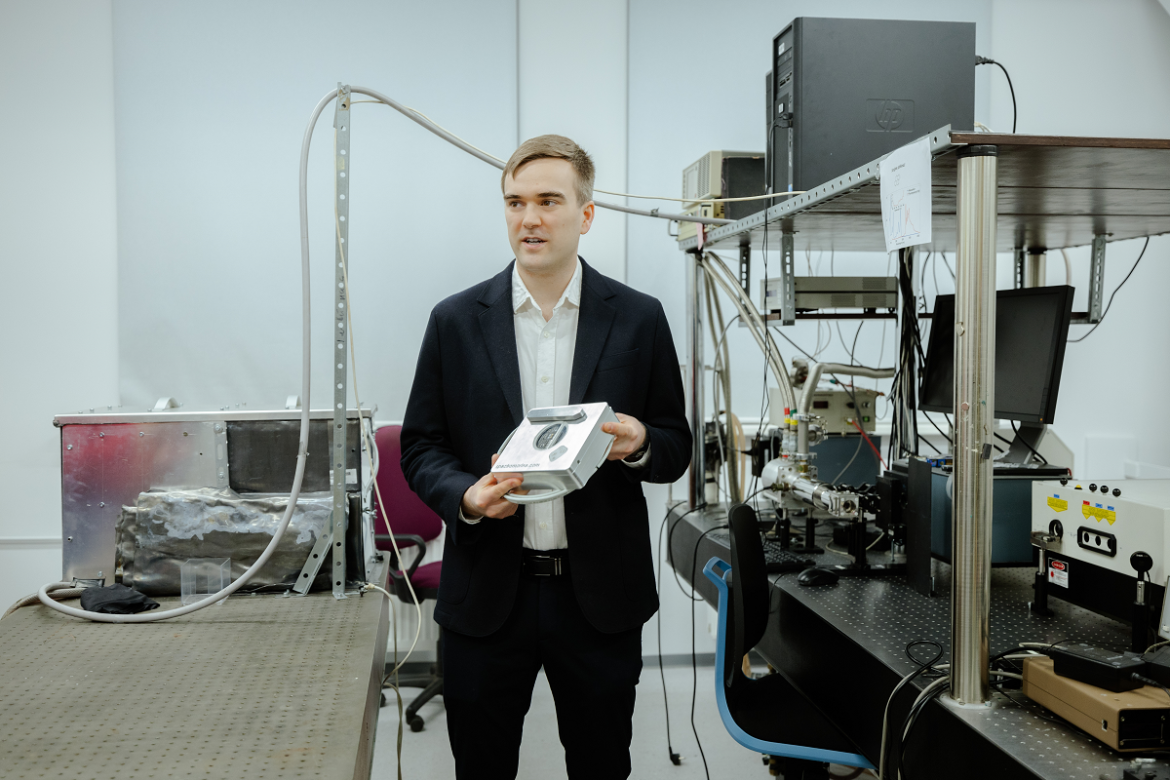
A significant achievement is “TESS” – a thermoelectric radiation sensor capable of detecting millions of laser pulses per second, which can be used in laser surgery, laser engraving, and 3D printing. This technology has already been licensed and transferred to the globally recognized photonics company “Thorlabs”. Meanwhile, “OG Sense” – a compact optical gas sensor – helps monitor air quality and can be easily integrated into smart home and IoT systems.
“The institute’s growth has been driven by modern infrastructure and strategic collaboration with industry and international partners, underpinned by our excellence. Scientists have the opportunity to engage with industry partners to identify real needs, and technology commercialization support mechanisms are available. This enables the transformation of ideas into innovations that foster economic growth in Latvia and Europe,” says ISSP UL Director Andris Anspoks.
These achievements have been supported by the “CAMART2” project, which has facilitated infrastructure development, researcher training, knowledge exchange with partners in Sweden, and the expansion of international scientific collaborations and projects. Additionally, LU CFI has established an ecosystem for photonics, smart materials, and technology, providing an environment conducive to innovation.
The final event of the “CAMART2” project will take place on March 28 at 16:00 at Ķengaraga Street 8, Riga. The event will feature a panel discussion evaluating the project’s achievements and outlining future development opportunities. Media representatives are also invited to attend.
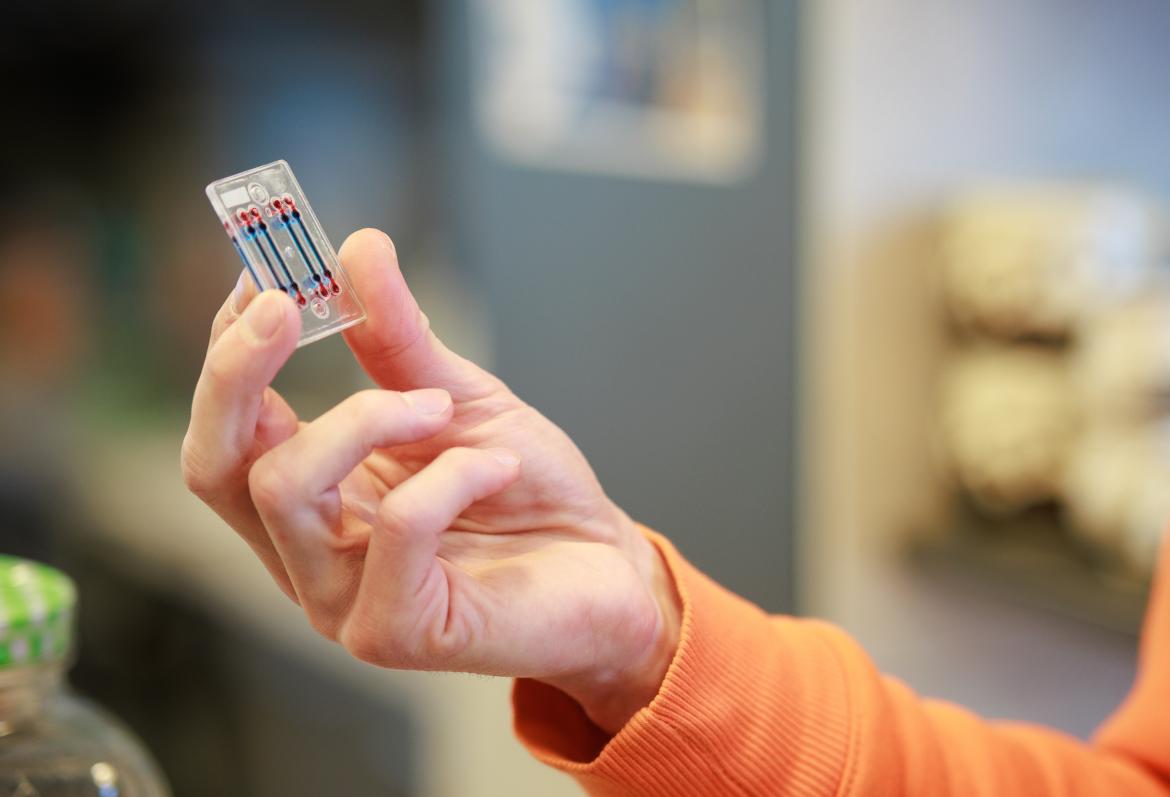
“CAMART2” (Grant Agreement No. 739508) has received a total investment of 30M EUR, including 14,999,955 EUR from the European Commission, as well as co-financing from the Latvian Ministry of Education and Science, the Ministry of Economics, and LU CFI within the specific support objective project No. 1.1.1.4/17/I/002, amounting to 15,320,196 EUR.
The Institute of Solid State Physics at the University of Latvia is an internationally recognized leader in materials science and interdisciplinary research in the Baltic Sea region. The institute employs 300 staff members, including more than 100 highly qualified scientists who conduct internationally competitive research, educate students, and offer innovative research solutions for industrial applications.
